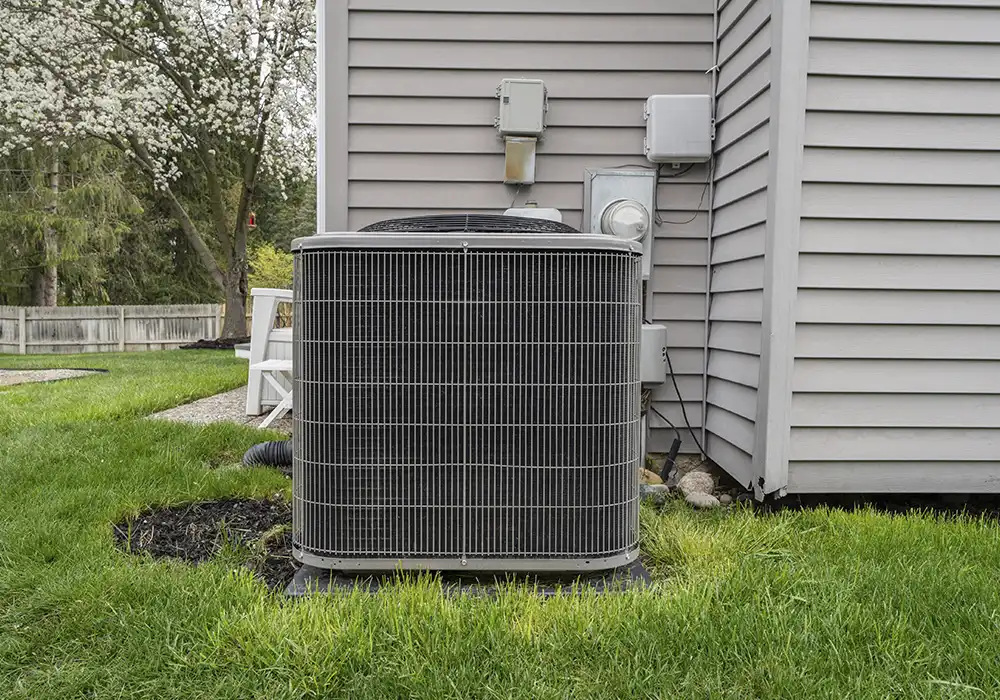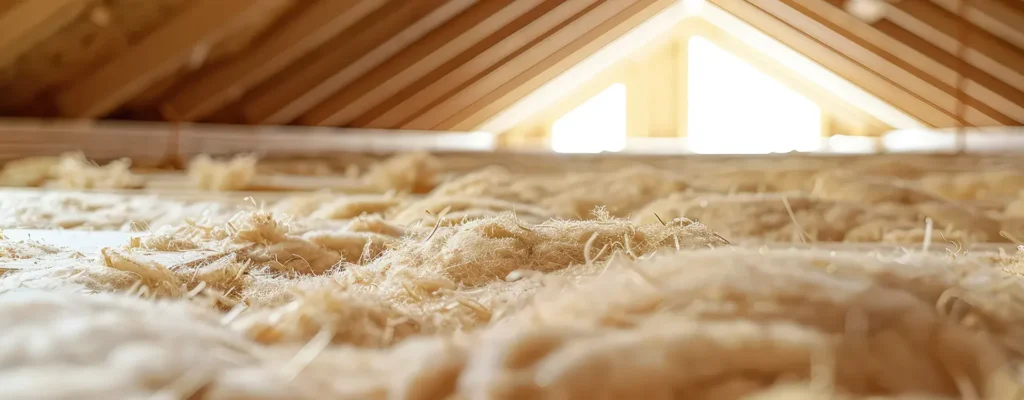Good insulation not only provides thermal comfort but also plays a crucial role in improving indoor air quality. In this post, we will explore how efficient insulation can be the solution to creating a healthier home free from contaminants.

Reduction of humidity
Adequate insulation acts as an effective barrier against external moisture. It prevents the infiltration of humid air, which can promote the growth of mold and mildew. By controlling humidity levels inside the home, insulation helps create a drier and healthier environment, essential for preventing respiratory issues.

Protection against external pollutants
Good insulation prevents the entry of external air pollutants, such as dust, smoke, and allergens. This means you can enjoy cleaner and fresher indoor air, reducing exposure to harmful substances that can cause discomfort and health issues.

Improvement in ventilation
An efficient insulation system allows for more effective use of natural ventilation. By maintaining a stable temperature, you can open windows and doors to let in fresh air without compromising thermal comfort. This results in healthy air exchange, which is essential for keeping an interior environment revitalized.

Reduction of dependence on air conditioning systems
With good insulation, you won’t need to rely as much on heating and cooling systems, which can recirculate indoor air and often accumulate pollutants. This reduction in dependence helps maintain air quality at appropriate levels, minimizing the circulation of potentially contaminated air.

More comfortable indoor environments
A well-insulated home is synonymous with comfort. This means fewer temperature fluctuations and a more pleasant living environment. When the indoor temperature is kept stable, people tend to use fewer air fresheners, which can affect air quality.

Control of external temperature
Good insulation keeps the indoor temperature of the house more stable, which can help prevent condensation, which occurs when warm air comes into contact with cold surfaces, creating moisture that can accumulate and harm air quality. A condensation-free environment is essential for healthier indoor air.
Reduction of unwanted odors
With good insulation, air exchange becomes more controlled, preventing the entry of unwanted odors from the outside, such as vehicle smoke and pollution. This is especially important in urban areas, where air pollution can affect indoor air quality.


